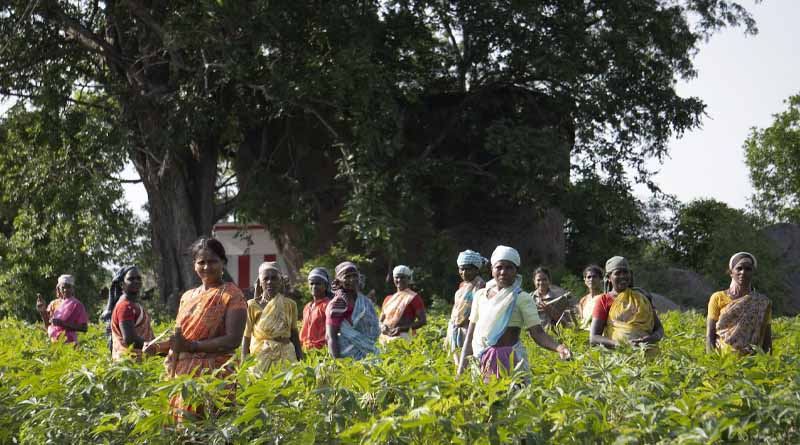Will it be sustainable and profitable to do Zero Budget Natural Farming in India?
29 July 2023, India: Zero Budget Natural Farming (ZBNF) in India has the potential to be both sustainable and profitable, although several factors influence its success and profitability. Going by the cost-benefit ratio, it can be profitable in the long term only when done at scale with an established value chain and will be difficult for small-scale farmers to break even. Here are some considerations:
Sustainability: ZBNF focuses on organic farming practices, soil conservation, and water management, which contribute to long-term sustainability. By eliminating chemical inputs, ZBNF promotes soil health, biodiversity, and ecological balance. It reduces reliance on external inputs, conserves natural resources, and improves the overall resilience of the farming system.
Cost savings: One of the key principles of ZBNF is to eliminate external inputs and minimize expenses. By utilizing locally available resources and adopting natural farming techniques, farmers can reduce or eliminate the cost of chemical fertilizers, pesticides, and seeds. This can lead to significant cost savings over time, enhancing the profitability of farming operations.
Improved soil health and yield: ZBNF practices focus on improving soil fertility through techniques like mulching, composting, and intercropping. These methods enhance soil structure, water-holding capacity, and nutrient availability, leading to improved crop yields. Increased productivity can positively impact profitability, especially if farmers can access markets that recognize and pay a premium for organic produce.
Reduced health risks and input dependency: By eliminating chemical pesticides and fertilizers, ZBNF reduces health risks associated with their use for farmers and consumers alike. It also reduces dependency on expensive external inputs, making farming operations more self-reliant and resilient to price fluctuations.
Market demand for organic produce: The demand for organic and chemical-free produce is increasing in India and globally. ZBNF aligns with this market trend, offering farmers an opportunity to tap into premium markets and fetch higher prices for their organic produce. However, accessing and effectively navigating these markets can be a challenge, and market linkages need to be developed to ensure profitability.
Knowledge and capacity building: Successful implementation of ZBNF requires adequate knowledge and training for farmers. Capacity-building programs, government support, and the involvement of agricultural institutions and NGOs are crucial for providing the necessary training, technical support, and knowledge-sharing platforms. Access to information, research, and innovations in ZBNF practices can further enhance sustainability and profitability.
How is Indian Government promoting Zero Budget Natural Farming?
The government is promoting Natural Farming through Bhartiya Prakritik Krishi Padhati (BPKP) introduced during 2020-21 as a sub-scheme of Paramparagat Krishi Vikas Yojana (PKVY) for the promotion of traditional indigenous practices including Natural Farming. The scheme mainly emphasizes the exclusion of all synthetic chemical inputs and promotes on-farm biomass recycling with major stress on biomass mulching, the use of cow dung-urine formulations, and other plant-based preparations. Under BPKP, financial assistance of Rs. 12,200/ha for 3 years is provided for cluster formation, capacity building, and continuous handholding by trained personnel, certification, and residue analysis.
Under natural farming, an area of 4.09 lakh ha area has been covered and a total fund of Rs. 4,980.99 lakh has been released to 8 States across the country as per the data released by the Ministry of Agriculture.
While ZBNF has the potential to be sustainable and profitable, it is important to note that the outcomes may vary depending on factors such as local agro-climatic conditions, crop selection, market dynamics, farmers’ skills, and access to resources. Additionally, the transition to ZBNF may require an initial investment, time for the restoration of soil health, and a learning curve for farmers. However, with proper implementation, support, and market linkages, ZBNF can offer a sustainable and profitable farming model in India.
Also Read: ITC releases an exclusive postal stamp on Millets in collaboration with India Post
(For Latest Agriculture News & Updates, follow Krishak Jagat on Google News)















